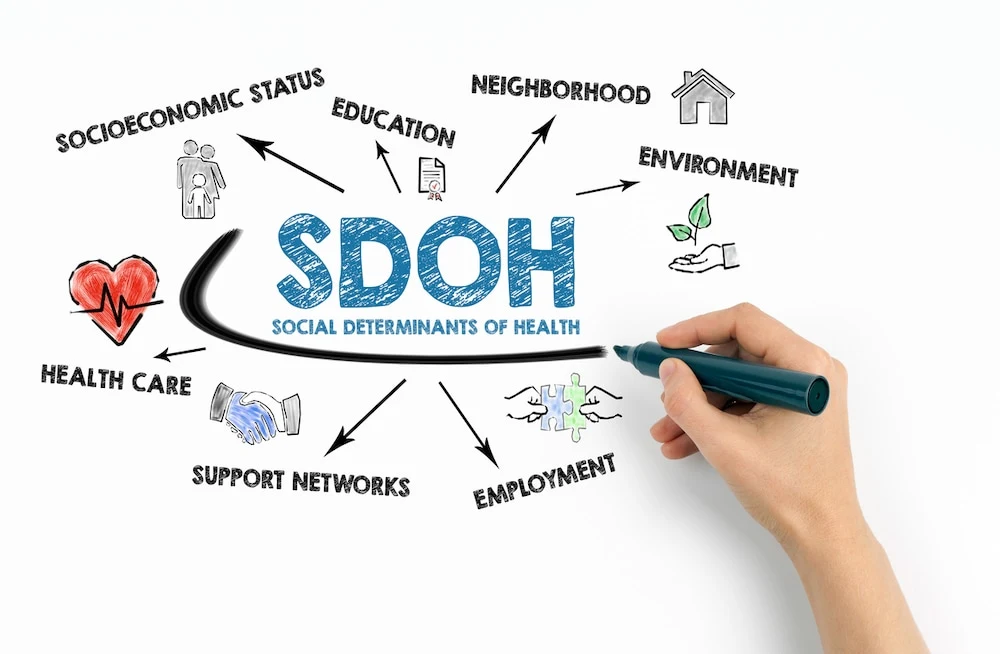Low household income, food insecurity and lack of private health insurance are linked with higher rates of prediabetes in adolescents, regardless of race and ethnicity. These findings are published in JAMA.
Prediabetes can progress to type 2 diabetes if not addressed with lifestyle changes such as diet and exercise. It can be a serious condition when it starts in childhood. Current guidelines for identifying children at high risk for type 2 diabetes and prediabetes use characteristics like body size, race, ethnicity, and family history, but these factors do not fully explain who develops type 2 diabetes in childhood.
Type 2 diabetes and prediabetes are prevalent among youth who identify as Native American, Alaska Native, Asian, Black, and Hispanic compared to their white counterparts. However, these groups are also more likely to experience adverse social determinants of health, suggesting that social factors, rather than race itself, influence disease risk.
Study researchers analysed data from a large national database, identifying 1,563 participants aged 12 to 18 years with obesity. Among these, 8.5% had elevated blood glucose or haemoglobin A1c, indicating prediabetes. The researchers examined three social determinants of health: food security, health insurance, and household income.
Adverse scores in all three areas were linked with increased prediabetes risk. Prevalence of prediabetes was 4.1% higher among participants from food-insecure households compared to those with food security, 5.3% higher in youths with public versus private insurance, and 5.7% higher in youths from households with income below 130% of the federal poverty level compared to those with higher incomes.
These associations varied within racial and ethnic groups, thus highlighting the importance of considering social determinants of health when assessing type 2 diabetes risk. For instance, in white children, who are traditionally considered at lower risk for prediabetes, having two or three adverse social determinants of health quadrupled the prevalence of prediabetes.
Study findings suggest that screening for social determinants of health—the non-medical factors influencing health and disease risk—could help identify youth at risk of prediabetes and improve early interventions to prevent progression to type 2 diabetes. The study underscores the importance of using modifiable social factors, rather than personal, non-modifiable characteristics like race and ethnicity, to understand and reduce diabetes risk in adolescents.
Many more social factors, such as diet quality and healthy lifestyle factors, could impact diabetes risk that the researchers did not examine in this study. Including these additional factors could improve the identification of children at risk for prediabetes in the future.
Source: University of Pittsburgh
Image Credit: iStock


